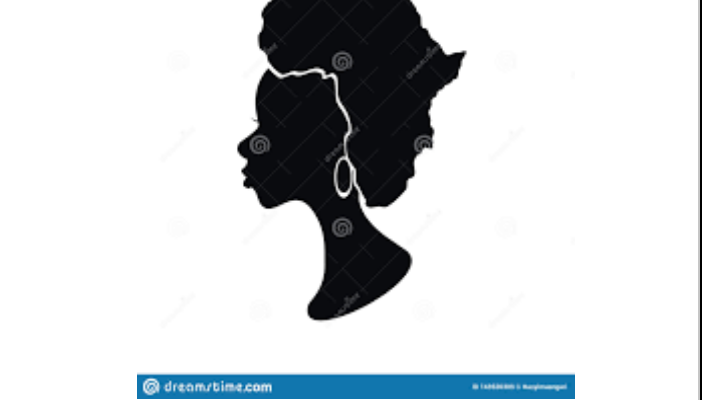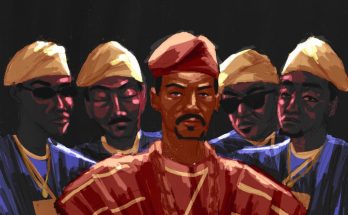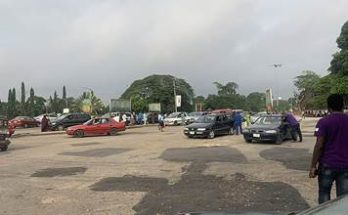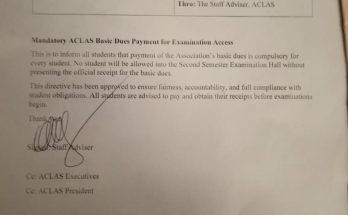The crux of this piece is to dispel some of the misinformation about the history and politics of Africa that has long hung-over African natives. This has already had a negative impact on the general development of both the African continent and the African people. This vast ignorance has allowed for centuries-long, torturous exploitation in Africa.
There’s an old adage that goes, “Knowledge is power.” To take reasonable action that will have a positive impact on the African continent at this time, African history must first be known and understood, and this is not negotiable. With knowledge of what has happened in the past, there will be a correct and accurate evaluation of how Africa as a whole got to where it is today, which will aid in knowing what to do next, to savage the African continent’s precarious current state, and ultimately to make a developmental projection of Africa’s future. In essence, the importance of accurate and adequate knowledge to the African continent’s current development cannot be overstated. To achieve this, publications for this column will become more regular, and information about Africa will be as detailed, beginning with the very early state of Africa.
A continent is a large expanse of continuous land that is mostly grouped together as a region. The world is divided into seven continents: Africa, Asia, Australia, Antarctica, Europe, North America, and South America. In terms of habitation and human existence, Africa is regarded as the oldest continent, the cradle of mankind. In another light, Africa is currently regarded as the continent with the largest number of young people. Africa has more people under the age of 40, in fact, more than 60% of the population is under the age of 25, making Africa the most youthful continent.
A phenomenon is wrapped around the name Africa. It is worth noting that Africa was originally known as Alkebulan, though this fact varies according to different schools of thought. However, the Greeks and Romans gave the continent the name Africa, which has remained to this day. Some theories claim that the term “Africa” has both Greek and Latin origins. Some school of thoughts believe the name “Africa” originates from the Greek term “Phrike” while some believe it was coined from the Latin word “Aprica”. “Phrike” is a Greek word that means “cold and terror,” and “Aprica” is a Latin word that means “sunlight.” Although another school of thought contends that the term Africa was already in use when the Romans conquered the continent. Africa is thought to be the oldest continent still inhabited by humans.
Africa is the second most populous continent on the planet, with an estimated population of 1.4 billion people and 54 countries. Africa has a landmass of about 30 million square kilometres, Algeria is the largest by landmass, and Seychelles the smallest by landmass. Africa is divided into 5 geopolitical regions, these include: Northern Africa (Morocco, Egypt, Tunisia, Libya, Algeria, Sudan); Eastern Africa ( Burundi, Comoros, Djibouti, Ethiopia, Eritrea, Kenya, Madagascar, Malawi, Mauritius, Rwanda, Seychelles, Somalia, Tanzania, Uganda); Middle Africa (Burundi, Cameroon, the Central African Republic, Chad, the Democratic Republic of the Congo, the Republic of the Congo, Equatorial Guinea, Gabon, Rwanda, and São Tomé and Príncipe); Southern Africa (South Africa, Lesotho, Zambia, Zimbabwe, Swaziland, Angola, Namibia, Botswana, Mozambique); and Western Africa (Benin, Burkina Faso, Cape Verde, Côte D’Ivoire, Gambia, Ghana, Guinea, Guinea-Bissau, Liberia, Mali, Mauritania, Niger, Nigeria, Senegal, Sierra Leone, and Togo).
Africa is well blessed with amazing natural features, water bodies are extremely valuable assets to any country, region, or continent and Africa is blessed with water bodies. Some of the notable rivers in Africa include the River Nile, River Niger, River Congo, River Orange, River Zambezi, River Ubangi, River Kasai, and River Orange. Some of the seas/Oceans in and around Africa include the Mediterranean Sea, the Red Sea, the Indian Ocean, and the Atlantic Ocean. Notable Lakes in Africa are Lake Victoria, Lake Naivasha, Lake Nakuru, Lake Tanganyika, Lake Kivu. Africa is also home to magnificent mountains such as Mount Kilimanjaro, Mount Kenya, Mount Stanley, Mount Meru, among others. The continent is endowed with hundreds of natural deposits; Africa accounts for approximately 30% of the world’s natural deposits.
The continent contains 54 countries, and it is worth noting that the continent was colonized by seven European countries: Britain, France, Italy, Belgium, Spain, Portugal, and Germany. In terms of independence, Ghana is credited with being the first country in Sub-Saharan Africa to achieve independence on March 6, 1957. However, independent sovereigns existed prior to this time. Before Ghana in 1957, Liberia, the Republic of South Africa, the Arab Republic of Egypt, and a number of other African countries operated as independent sovereigns, with Liberia being the first to do so in 1847. South Sudan is the most recent independent sovereign state, having gained independence on July 9, 2011.
There are numerous fascinating aspects to Africa. Regrettably, the vast majority of Africans lack basic knowledge about the continent. Without a doubt, the prevalence of this widespread ignorance has aided a slew of other factors in plunging the continent into this predicament. The only way for Africans to be liberated is for Africans to liberate themselves. Chinua Achebe once said that “a man who cannot tell where the rain began to beat him cannot know where he dried his body”, it is very important for Africans to learn about our history.




